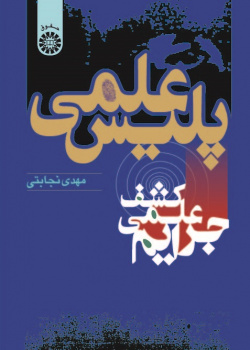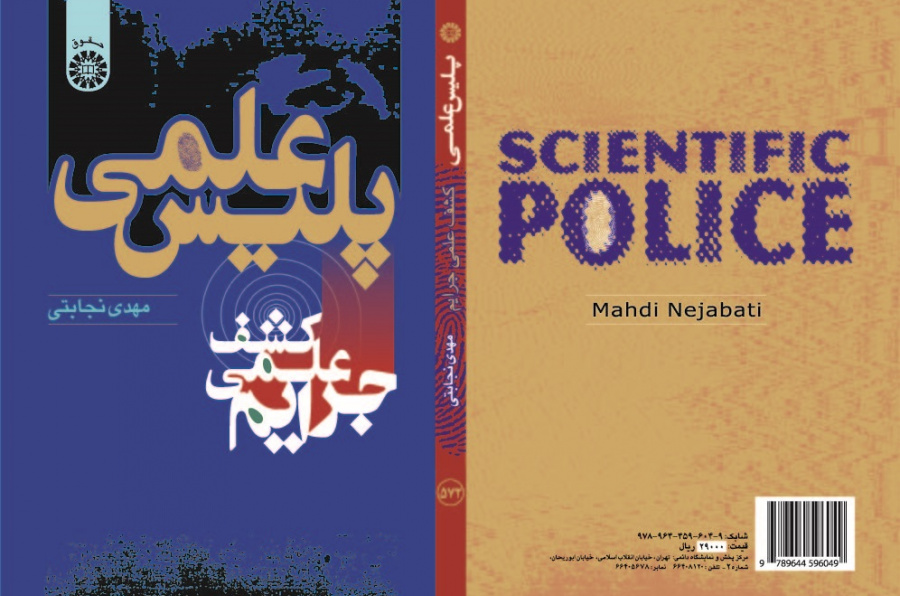

Scientific Police
Progress in science and technology in the last two centuries has left its imprint on many fields of study. It has also heavily impacted the equipment required to discover and provide evidence for crimes. Testimony and confession, especially in which cases they are attained through torture, threat and deception or the reluctance of the accused, gradually lost their credit and in some cases psychology challenges their validity. So that, the age of legal evidence passes and the time of conscientious judgment, which is related to the knowledge of scientific judgment, arrives. In this period, scientific evidence acquires distinguished status so far as testimony and confession are evaluated with scientific touchstones. Thus a new branch, namely crime detection, has been developed in the broad field of criminology, which in line with progress in experimental sciences, proposes further scientific possibilities for crime detection to the police, lawyers and judges that are acceptable in a court of law. There is no doubt that scientific policing is in its early stages in our country. Therefore, there are not enough sources available to the scholars to meet the needs of the age.
To compile this bookو attempt has been made to put forward important and, at the same time, practical points on identification, inspection of the crime scene, collection of criminal evidence along with potential scientific and technical equipment to detect crimes. The index introduces Interpol; the international police association.
This book attempts to put forward important and, at the same time, practical points on identification, inspection of the crime scene, collection of criminal evidence along with potential scientific and technical equipment to detect crimes.





